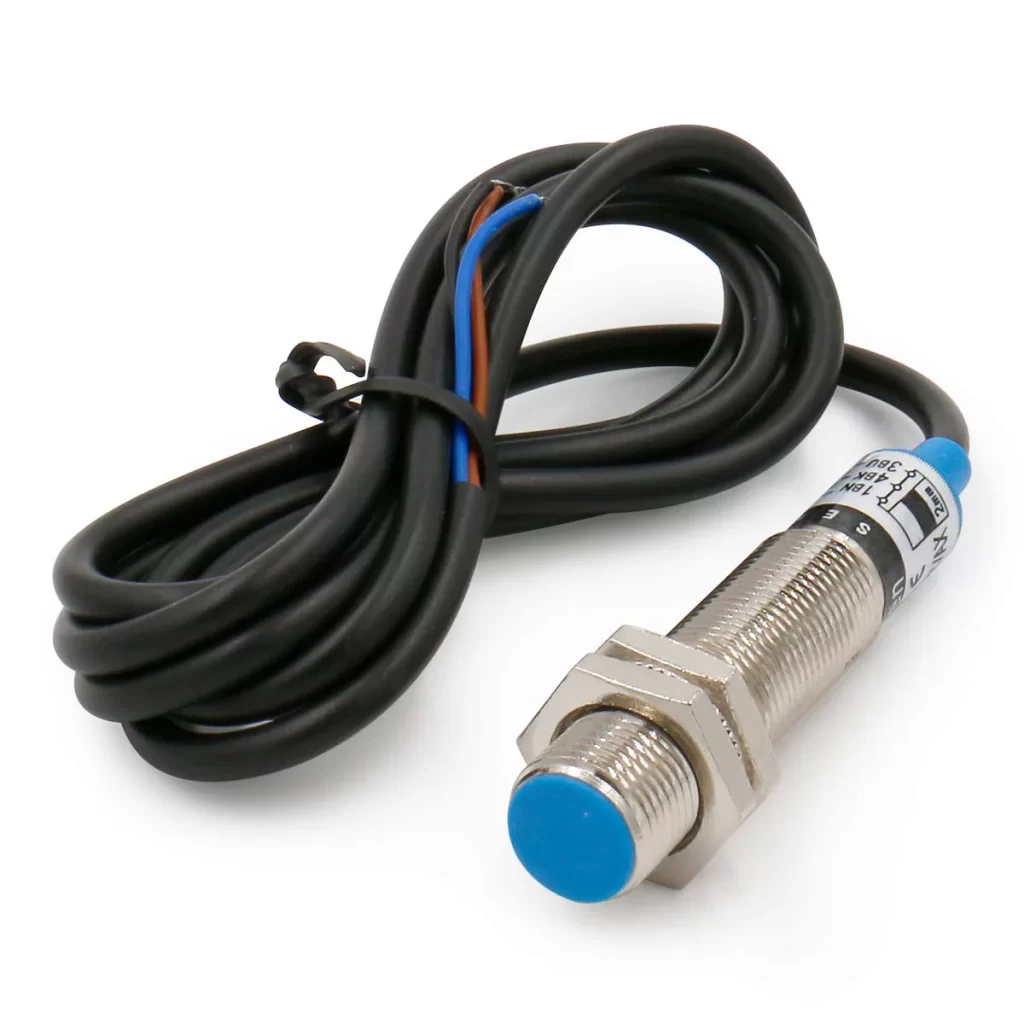Selecting the right switching power supply manufacturer is critical for optimizing system performance, efficiency, and reliability. A switching power supply SMPS is essential in converting electrical power efficiently, making it a fundamental component in various applications such as industrial automation, telecommunications, medical devices, and consumer electronics. Choosing a reputable manufacturer can enhance overall system performance, reduce energy consumption, and ensure long-term operational stability. One of the primary factors to consider when selecting a switching power supply manufacturer is efficiency and power conversion capabilities. High-efficiency power supplies minimize heat generation and energy losses, which is crucial for maintaining system stability and prolonging the lifespan of electronic components. Leading manufacturers utilize advanced circuit designs, such as synchronous rectification and active power factor correction PFC, to maximize efficiency and reduce harmonic distortions. Another critical aspect is quality and reliability.

A omchhebai manufacturer will provide high-quality components with rigorous testing and certification standards. Reliable power supplies minimize downtime and prevent failures that can affect overall system performance. Manufacturers that offer comprehensive testing, including thermal analysis, load testing, and electromagnetic compatibility assessments, provide added assurance of quality. Customization and flexibility are also essential when selecting a manufacturer. Different applications have unique power requirements, and a good manufacturer should offer a range of solutions tailored to specific needs. Some manufacturers provide modular designs that allow customization of voltage levels, output power, and form factors. This flexibility ensures seamless integration into existing systems and enhances performance by precisely matching the power supply to the application’s demands. Technical support and after-sales service are equally important. A reliable manufacturer should provide technical guidance, design support, and troubleshooting assistance. Cost is another consideration, but it should not be the sole deciding factor.
Quick response times and access to experienced engineers can help resolve issues efficiently, reducing downtime and maintaining operational continuity. Additionally, manufacturers that offer extended warranties and easy access to replacement parts contribute to long-term system stability. While low-cost power supplies may seem attractive, they often compromise on quality, efficiency, and reliability. A reputable manufacturer may have higher upfront costs but will offer long-term savings through better efficiency, reduced maintenance, and fewer failures. Evaluating the total cost of ownership, including energy consumption, reliability, and potential downtime, can help in making a more informed decision. Finally, innovation and technological advancements play a significant role in choosing a manufacturer. Companies investing in research and development are more likely to offer state-of-the-art solutions with improved efficiency, miniaturization, and smart monitoring capabilities. Features such as digital control, remote monitoring, and intelligent fault detection can enhance performance and allow for predictive maintenance, reducing unexpected failures. Choosing the right switching power supply manufacturer is vital for improving system performance, efficiency, and reliability.
